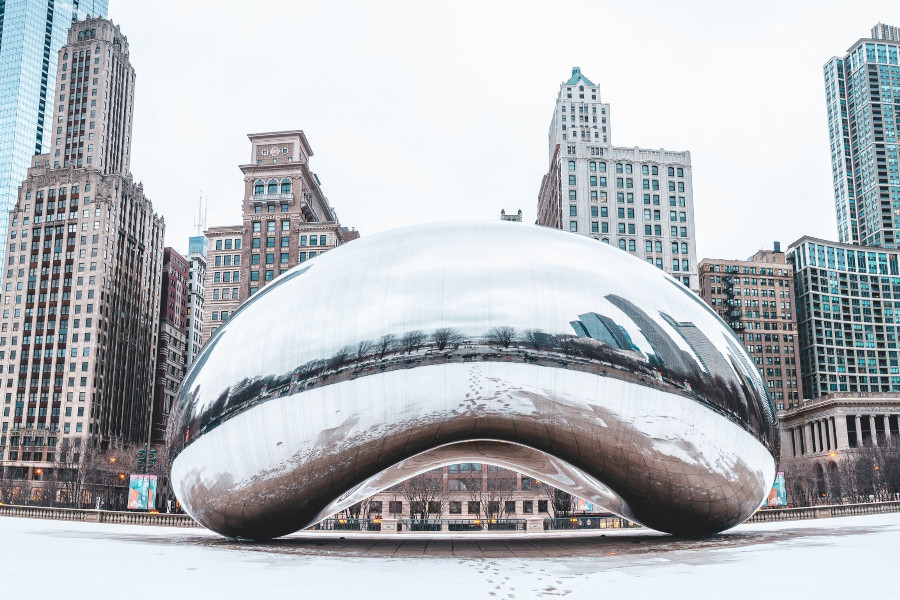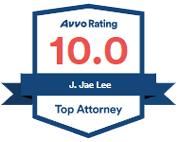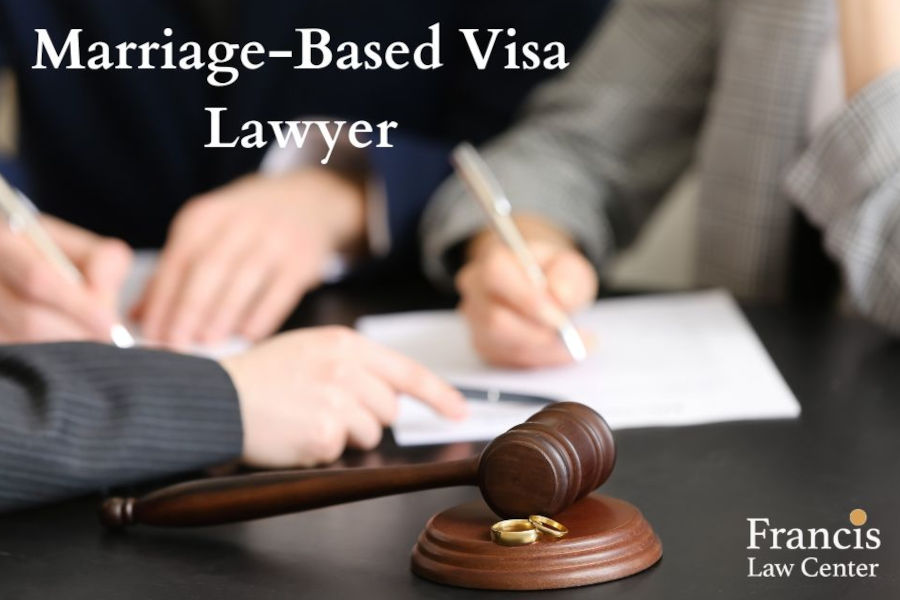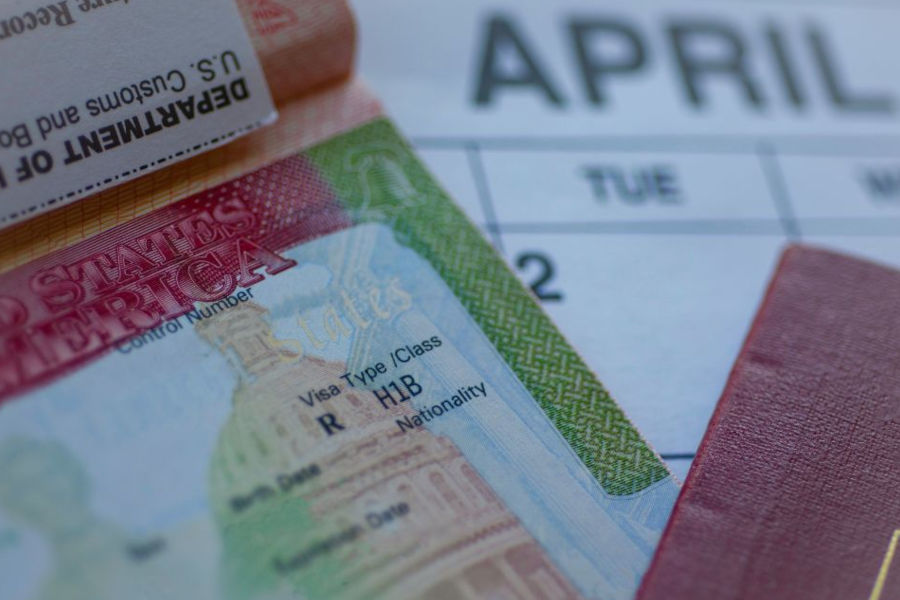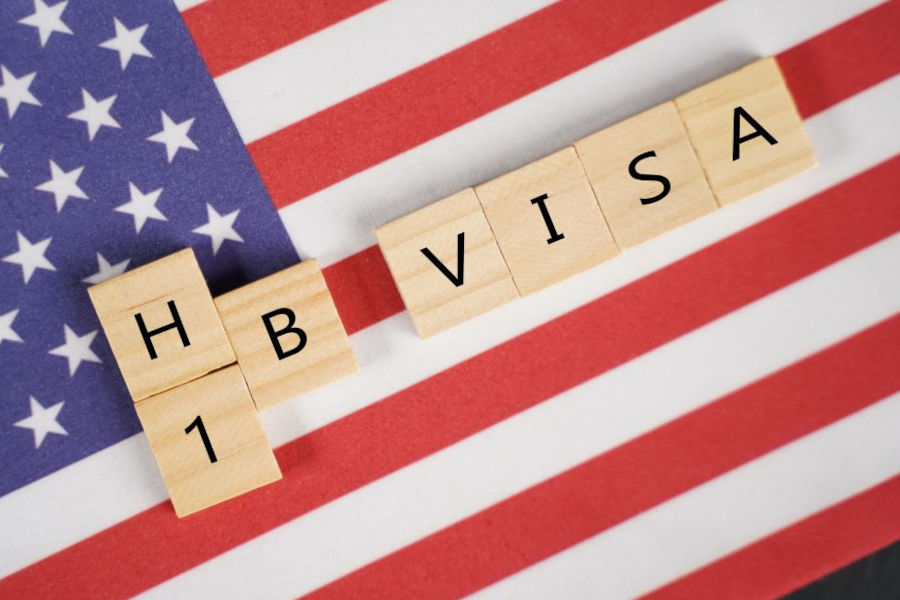Thousands of employers apply for a single pool of visas every April called H-1B visas. These visas are temporary nonimmigrant visas meant for new hires in “specialty occupations,” which are mainly in STEM fields. U.S. Citizen and Immigration Services (USCIS) issues only 85,000 each year, setting aside 20,000 for graduates with master’s degrees or doctorates from U.S. universities. These visas are in high demand and tend to go quickly.
What is the process?
Before employers can petition on behalf of their employees, they must file a “labor condition application” stating that hiring the H-1B employee will not harm U.S. workers in similar jobs. In addition, employers must notify their current employees that they plan to hire an H-1B worker.
The employer and employee can now enter the “lottery.” Because the USCIS receives many more petitions than it has visas available, they enter the petitions into a lottery system. First, they select the 20,000 spots for highly educated workers, and add anyone not selected from that pool to the general pool for the other 65,000 spots.
Who is eligible?
As stated above, the position must be for a “specialty occupation.” These occupations are mainly in the STEM fields of science, technology, engineering and math. The H-1B visa is a nonimmigrant visa, which means it is not permanent. It lasts only three years, but may be extended to six.
Petitioners must have a bachelor’s degree or higher. The degree must be required for the job the employee is filling. Often, petitioners are graduates from a U.S. university who is here on an F-1 student visa and trying to get a job in the U.S.
Current immigration policy
The current administration has made some changes to U.S. policy around H-1B visas. In the past, the U.S. has heavily recruited foreign workers to fill jobs in the U.S. that simply could not be filled with U.S. workers. The labor shortage for these STEM jobs has grown in recent years. President Trump signed an executive order in April of 2017 that he called his “Buy American Hire American” initiative. The administration stated that the purpose behind this policy is to reduce fraud in the system and encourage more highly educated, highly skilled workers to apply. Overall, the policy has limited the types of jobs the new employees can hold, reducing the number of entry-level positions.
Foreign workers holding H-1B visas are still an important part of our STEM economy. Although they are harder to get, businesses continue to rely on this source of skilled workers.

